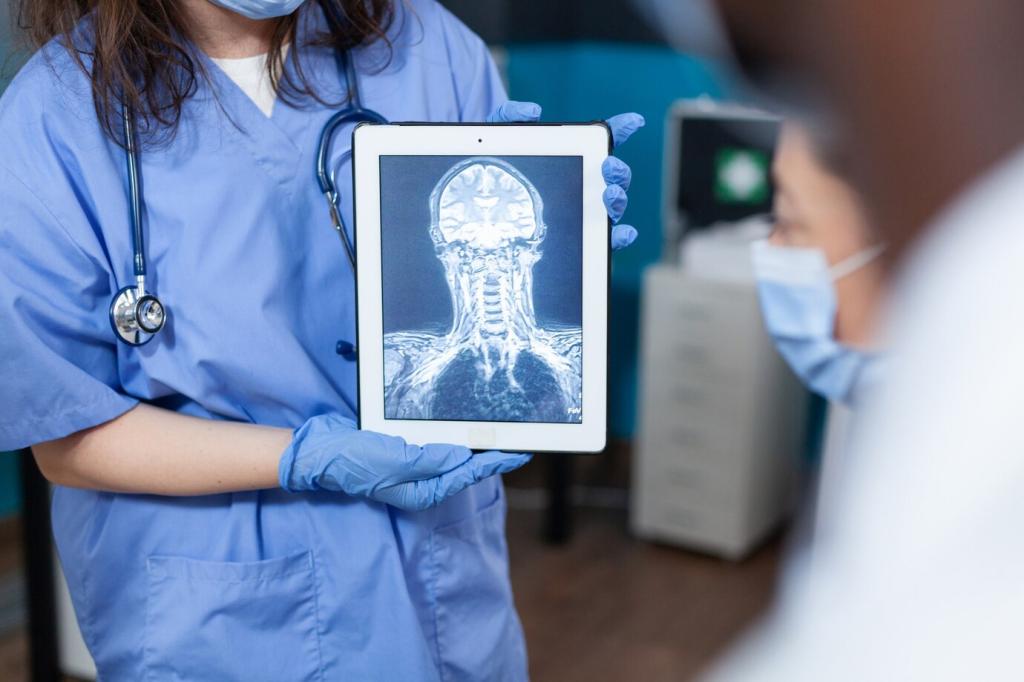How AI Is Revolutionizing Telemedicine and Remote Care
Artificial Intelligence (AI) is significantly transforming healthcare by enhancing telemedicine and remote care capabilities. From virtual consultations to diagnostic assistance, AI-driven technologies are redefining patient experiences, increasing efficiency, and delivering more equitable access to quality medical care. As global health challenges demand innovative solutions, AI stands at the forefront, ushering in a new era where healthcare can be more personalized, proactive, and widely accessible than ever before.
Enhancing Virtual Consultations with AI
AI-powered symptom checkers help patients understand their symptoms and urgency before they meet with a provider. These intelligent systems analyze patient input, compare it to extensive medical databases, and suggest possible conditions, helping both patients and clinicians prepare for consultations. This pre-screening allows medical professionals to focus discussions on the most relevant issues and to prioritize cases needing immediate attention. The result is improved patient satisfaction and optimal use of clinician time, leading to more effective and efficient virtual care delivery.
During a virtual consultation, AI tools can provide real-time clinical support by analyzing patient information as it is shared and offering recommendations on next steps. These systems draw on vast quantities of medical literature and data to alert clinicians to potential red flags or seldom-seen presentations of common illnesses. As a result, clinicians benefit from an extra layer of insight, supporting more confident decision-making and reducing the potential for missed diagnoses. This integration not only enhances the accuracy of virtual care but also gives clinicians peace of mind, knowing they have up-to-date resources at their fingertips.
AI technologies are also improving the quality and clarity of communication between healthcare providers and patients. Natural language processing algorithms can transcribe, summarize, and clarify medical conversations in real time, ensuring that patients understand their diagnoses and care plans. Additionally, AI-driven translation tools facilitate consultations in multiple languages, breaking down communication barriers and making telemedicine more inclusive. By ensuring patients feel heard and understood, these technologies foster trust and promote better health outcomes.
Previous
Next

AI-powered telemedicine platforms can reach populations where healthcare infrastructure is limited or distant. With robust internet access and affordable devices, patients in rural areas can consult with top medical specialists without leaving their community. AI helps optimize appointment scheduling, interpretation of test results, and follow-up care, leveling the playing field for patients who would otherwise have limited access to advanced medical diagnostics and treatments. This capability represents a significant step toward greater health equality.

AI technologies equipped with advanced speech recognition and translation features make it possible for patients who speak different languages or have limited literacy to access care effectively. By translating medical information into a patient’s preferred language or simplifying complex medical jargon, AI tools ensure that care instructions are understood and followed correctly. This fosters trust and enhances outcomes, particularly for patients who might otherwise struggle to engage with traditional healthcare systems.

By automating administrative processes and streamlining clinical workflows, AI reduces the burden on healthcare systems and minimizes patient wait times. Chatbots and virtual assistants can handle appointment scheduling, prescription refills, and basic triage, freeing up human resources for more complex care. This efficiency ensures that care is delivered swiftly and at scale, especially important in regions facing medical workforce shortages. Faster access enables earlier treatment and better health outcomes for all.
